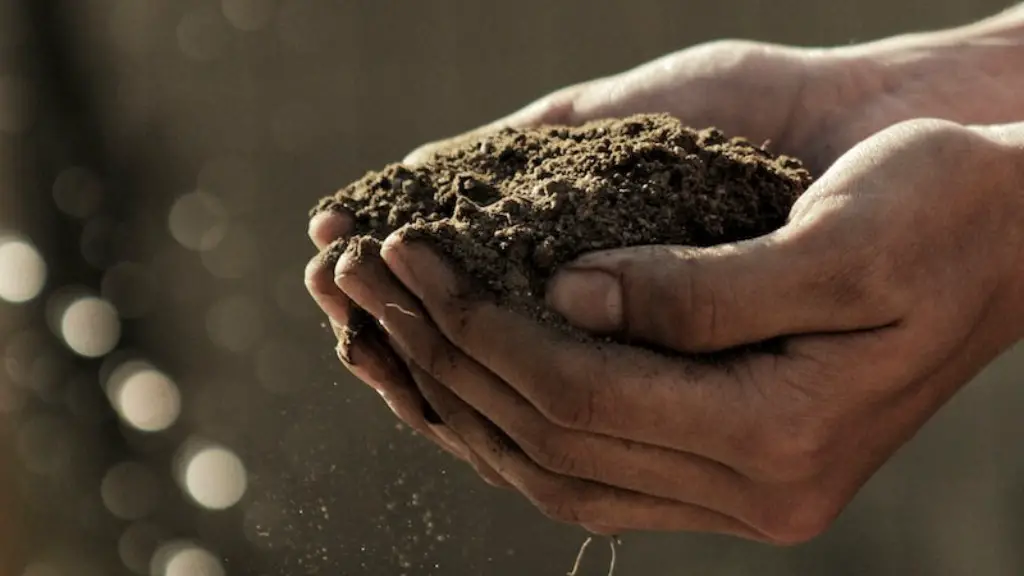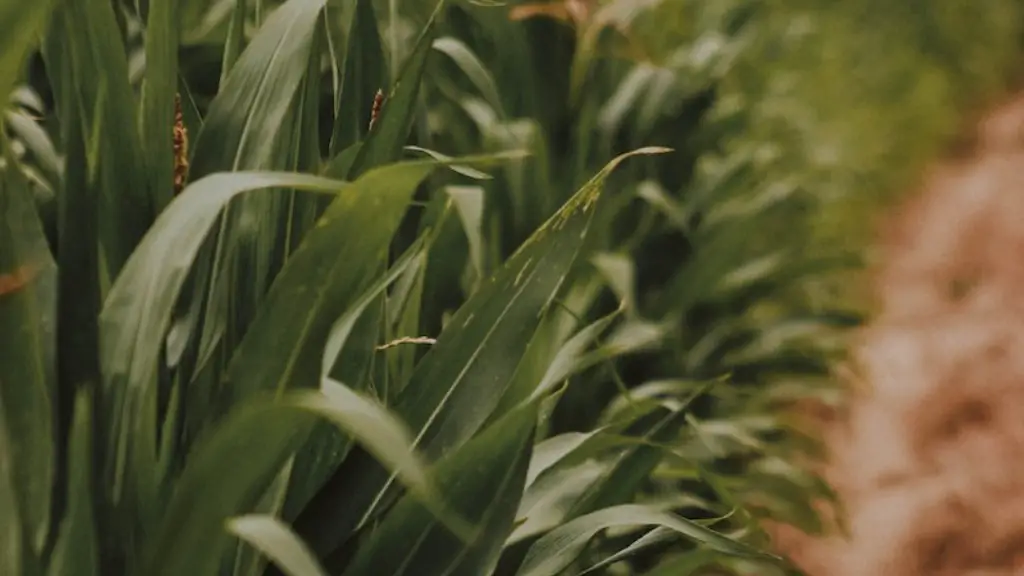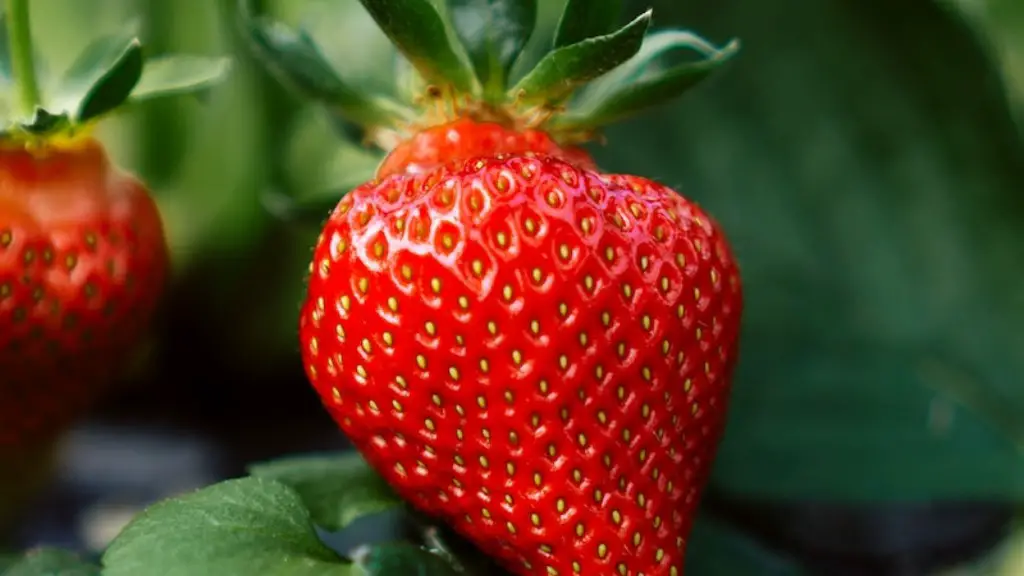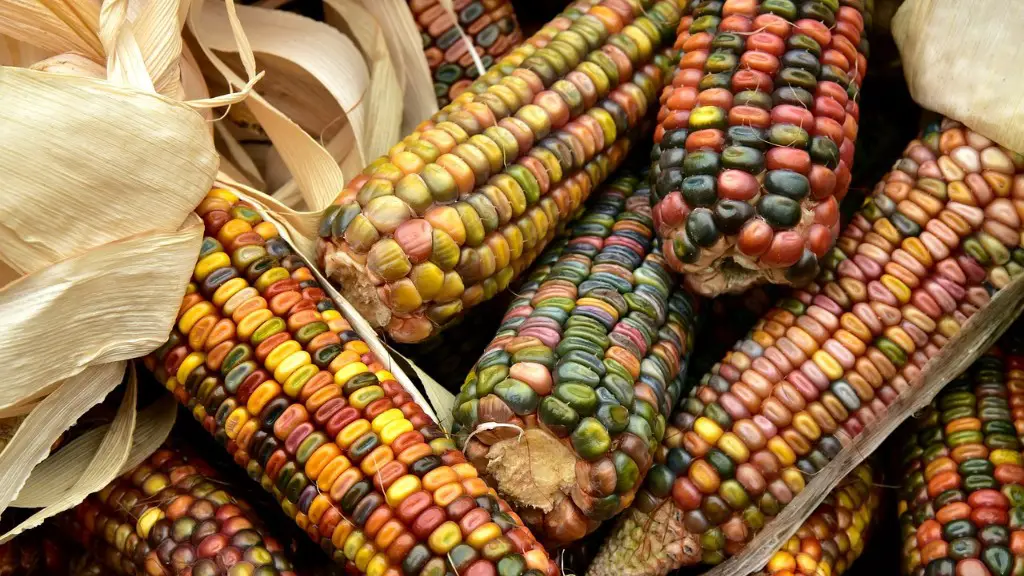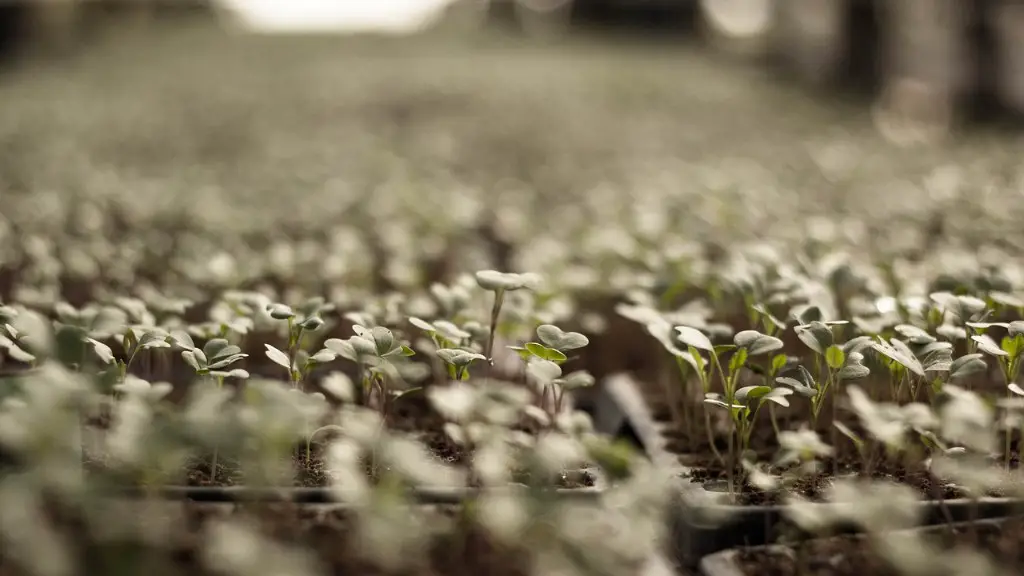Humans have drawn on their collective experience to develop agriculture since the dawn of time. Around 12,000 years ago, humans in the Fertile Crescent – now known as the Middle East – began settling down and farming. This marks the start of the Neolithic Revolution, when humans moved away from being hunter-gatherers and began growing crops and raising animals instead. Archaeological evidence suggests that they practised a form of simple cultivation, relying solely on hand tools such as hoes and sickles.
By 9000 BC, humans in the Near East had begun to selectively breed their crops and animals to produce larger, more productive yields. They also domesticated certain animals, such as dogs and goats, which allowed them to break down heavy soils and transport heavier loads. The domestication of domestic animals provided humans with the ability to transport heavier loads and the potential for increased mobility.
Agricultural innovations have come from all parts of the world. In the Andes of South America, early indigenous farmers began to practice terrace farming about 8000 BC. Terracing created more efficient and effective use of water, as well as soil fertility. In China, the practice of crop rotation comes from the early Han Dynasty 2000 BC and is still used today. In pre-colonial Mexico and Peru, where the Aztecs and Incas lived respectively, sophisticated techniques like irrigation and the use of fertilisers were used to boost crop yields and improve soils.
From 500 BC to 500 CE, agricultural production continued to increase in Eurasia and across the globe. During this period, farmers learnt to cultivate a huge variety of crops and plants, using techniques like multiple cropping, irrigation and composting. In Europe and the Middle East, techniques such as sand dams, oxen-drawn ploughs, and crop rotation were developed by this time, resulting in larger yields and more efficient use of soil. This period is sometimes referred to as the ‘age of agrarian reform’.
In the modern era, ‘agricultural revolutions’ have seen huge advances in agricultural technology and production. In Europe and North America, the ‘Green Revolution’ of the 1960s saw the introduction of synthetic fertilisers and pesticides, as well as mechanised production. In the developing world, semi-mechanised production and modernised irrigation systems have been rolled out in order to increase yields. Today, humans are continuing to explore new technologies and techniques that can increase yields even further, while preserving soil and the environment.
Modern Green Revolution
The Green Revolution of the 1960s witnessed a dramatic surge in the production of food worldwide. This was largely thanks to the introduction of more efficient and cost-effective agricultural technologies such as hybrid seeds, synthetic fertilizers, and powerful pesticides. These innovations resulted in higher yields and more reliable supply, allowing the population of some countries to double within 30 years. This revolution has been credited with helping to reduce hunger and poverty worldwide and has been widely replicated in developing countries.
The introduction of chemicals and fertilizers has not been without its problems, however. Studies have found that chemical fertilizers can contaminate groundwater, while the use of powerful pesticides can create resistant insects and contaminate flora and fauna. As such, there is a greater emphasis today on the use of natural fertilizers and organic farming techniques. There is also a greater focus on the use of sustainable agricultural practices, such as crop rotation and integrated pest control, to reduce the reliance on chemicals while still producing great yields.
Modern agricultural technology also allows farmers to use computers and machines to monitor and control their crops, leading to increased efficiency and precision in farming. Computers can be used to monitor field conditions and soil composition, for instance, allowing for a better understanding of plants and optimal conditions for them to thrive in. Robots, too, can be used to automate farming processes, such as sowing and harvesting, freeing up farmers to focus on other aspects of their work such as marketing and distribution.
Some of the world’s biggest agribusinesses have even begun exploring other technologies, such as nanotechnology and gene editing, to make agriculture even more efficient and cost-effective. Companies such as Monsanto and Syngenta are experimenting with genetically modified organisms (GMOs), which aim to produce hardier and more productive produce, while reducing costs and waste.
Organic Farming
Organic farming is a system of agricultural production that involves practices that promote the health of soils and ecosystems while avoiding the use of most synthetic inputs, such as chemical fertilizers, herbicides, and pesticides. Organic farming was developed in response to the unsustainable industrial practices adopted by conventional farming systems. It adheres to organic standards, which focuses on the use of natural materials and processes, such as composting and crop rotation, to maintain soil fertility and yield.
Organic farming also involves allowing natural predators to control pests and weeds, rather than using chemical inputs. It also encourages the use of natural materials, such as compost and animal manure, as fertilizers and soil conditioners. In addition, organic farmers use traditional breeding techniques to produce plants with the desired traits, rather than relying on genetic modification.
Organic farmers also refrain from using synthetic inputs and rely on other methods to protect and nourish crops. They use integrated pest management techniques to keep pests and weeds in check, such as introducing beneficial insects to an area or planting diverse crops to reduce pest pressure. They also aim to maintain healthy soil by using techniques like mulching, cover crops, and crop rotation.
Organic systems are increasingly becoming popular, with an increasing demand for certified organic produce. This demand reflects the growing awareness of the benefits of organic farming, such as its sustainability and its ability to improve soil structures and nutrient levels. Organic farming also benefits biodiversity, as the lack of chemical inputs reduces damage to other organisms in the environment.
Organic farming is also thought to benefit human health. Studies have found that organic produce can have a higher nutrient content than conventional produce, and lower levels of residues from synthetic chemicals. By reducing the presence of synthetic chemicals, organic farming also reduces exposure to potential health hazards. Organic food is also said to taste better, owing to the higher levels of certain nutrients that are naturally present in the environment.
Industrial Agriculture
Industrial agriculture is, as the name suggests, an agricultural system in which production is carried out using industrial technologies and practices. This system is typified by large monocultures, in which one or two crops are grown on large parcels of land, and mass production of animals through intensive farming methods. The use of synthetic inputs, such as chemical pesticides and fertilizers, is also common in industrial agriculture.
Industrial agriculture is a controversial topic, as it often involves the displacement of small farmers, who are unable to compete with large-scale corporate farms. These practices can also be unsustainable, as they often involve the depleting of natural resources, such as soil and water. Furthermore, the use of synthetic inputs can lead to environmental degradation, such as soil erosion, water contamination, and air pollution.
As a result of these issues, industrial agriculture has come under increasing scrutiny in recent years. More and more people are becoming aware of the environmental and social impacts of industrial farming, and this is leading to a shift towards more sustainable practices. Some large agribusinesses are also beginning to explore more sustainable alternatives, such as organic farming, integrated pest management, and permaculture.
The debate around industrial agriculture has also brought to light the need to ensure that the industrial food system is regulated and operates in the interests of society, not just shareholders. Governments and businesses must work together to ensure that the industrial food system is fair for farmers, focuses on sustainable production, and does not sacrifice the environment for short-term profit.
Global Impact of Agriculture
Agriculture is one of the most important sectors globally, as it provides food for a rapidly growing population. It also provides employment for many people in the developing world, allowing them to make a living and provide for their families. This has led to an increased awareness of the importance of agricultural production, both nationally and globally.
Agriculture is also a major contributor to climate change. The use of synthetic fertilisers and energy intensive production systems can lead to significant greenhouse gas emissions. The UN Food and Agriculture Organisation estimates that agricultural production accounts for around 25-30% of global greenhouse gas emissions, with the livestock sector being the major contributor.
In recent years, there has been a greater focus on sustainable forms of agriculture that promote soil health, conservation, and improved human health. Governments and businesses are increasingly looking to organic farming methods and other alternatives to reduce emissions and conserve natural resources. Additionally, there has been a greater focus on efficient water use, waste management, and crop rotation, to reduce the environmental impacts of agricultural production.
Finally, agricultural production has been linked to health outcomes. Poor diets are a leading cause of the global obesity epidemic, which is linked to a variety of health problems. The production of unhealthy processed foods has been linked to this crisis, leading to calls for a more transparent and regulated food system. Similarly, the production of unhealthy animal products, such as red meat, has also been linked to health issues, as well as environmental impacts.
